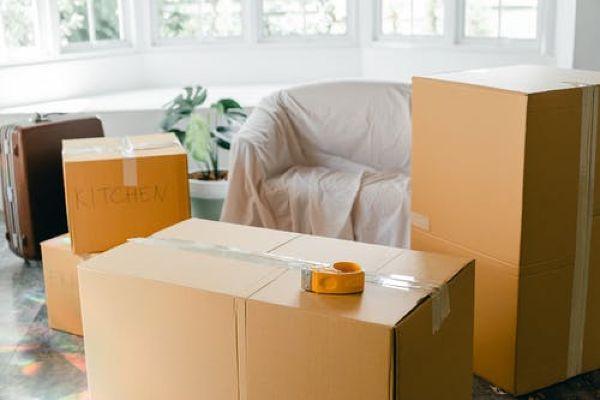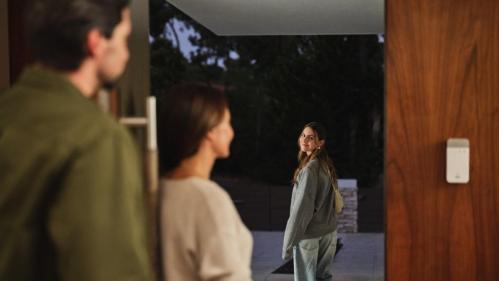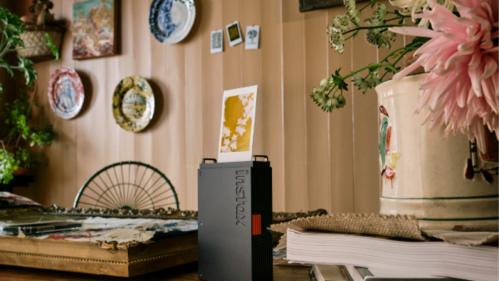So you’ve decided to move! This is such an exciting time!
You’ve probably already picked out your colour scheme, who gets which bedroom and checked out all the restaurants and cafes in your new neighbourhood. But before all of that, you need to do the house viewing, an extremely important part of the renting process.
Whether it’s the landlord, a realtor or the building manager who’s showing you around this new place, there are things you should know about your potential new home. It’s important to be aware of any possible pitfalls or things you may need to know later down the line so there are no nasty surprises after you’ve signed the lease, such as no utilities included in the rent or no guests allowed. These are the top questions you should be asking your letting agent when you go to view your new place for the first time;
Lease length
This is the most important info to have, as the length of your stay can affect whether this is a viable long-term option for you. If you’re viewing your dream home and the lease is just a summer sublet, it means you’ll be uprooting your life again in just a few short months. Ensure that this is a spot with long-term potential and that you and the landlord understand how long you expect to be able to stay. It’s also important to know if you can sublet your place in case you ever want to up and go but can’t break your contract. Having all of this in writing is essential.
Nearby transport

In a city especially, this is important. If parking isn’t available on-site, you’re going to need to know your way around the transport system. If your workplace is on the other side of the city and the train line near you doesn’t run in that direction, then this location might not be the one for you. Your location should focus not only on the interior of the apartment and whether that’s suitable for you, but also on whether the actual neighbourhood you’re in and its amenities suit you.
The neighbourhood

Leading on from the previous point, it’s important to know who is living around you, especially in densely populated urban areas. Do some of your own research first, but asking your letting agent is essential too, as you probably won’t be able to get a feel for the neighbourhood until after you’ve lived there for a while. Is it mainly young professionals, retirees or families living around you? What’s it like at night? Is it an up-and-coming area or more quiet? And most importantly will it suit your needs?
How soon are they hoping to fill the unit and have they many other viewings arranged?
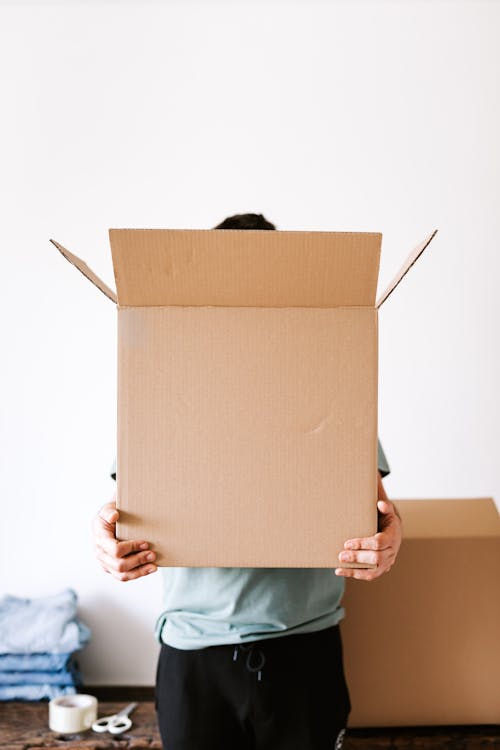
This can give you a timeline for when you are expected to move in and how quickly things will move along once you’ve decided if you want to take the place. It can also indicate the interest in the space. If they haven’t had much interest or have had lots of viewing and very few takers, there might be a reason why. Or if you need to move soon and they want to take things more slowly, it might indicate that there’s plenty of interest and that they have their pick of applicants.
Who lived here before and why did they leave?

This can give you a feel for who else might be in the building and how they fared there. Their reasons for leaving might not always be information that the agent has on hand, but it could be useful to know. If the landlord themselves or some of their family have lived there at some point, that’s usually a good indicator that the property will be in good condition, though not always.
How will the bills work?

Are they included in the utilities? If not, how much have they been usually for previous tenants? Who are the providers and how do we pay them? Are there existing accounts for this space or will we have to set up a new one in our names? Is there Wi-fi in the house and how do we pay that bill? How are bins collected and what days do they go out on? This is all the information you’ll need in a month’s time when a postbox full of bills that you don’t know how to pay arrive at your door. Also be sure to ask about the deposit; how much is it, when is it needed and what is needed to be sure it returned at the end of your lease.
Property maintenance

Who do we call when something goes wrong? God forbid something happens at 8pm on a Sunday night that needs immediate attention – who do you call? Is it the letting agent? If you’re in an apartment block, is there a maintenance person on hand? How do you get in contact with them? This is the kind of information we don’t think of until we need it.
Redecoration policy
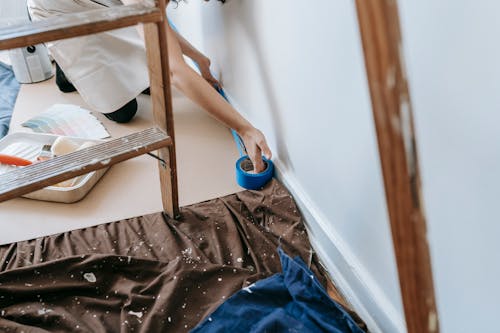
If you’re moving somewhere that you know you’ll be staying for a while, you’re going to want to put your own stamp on it, to feel comfortable and like it’s your own personal home. But renting can make that a little difficult. How much are you actually allowed to do? Can you paint the walls? Replace the kitchen cabinets? Swap around some of the rooms? It’s essential to know where the line is so that both you and the letting agent are happy that the property is liveable.

